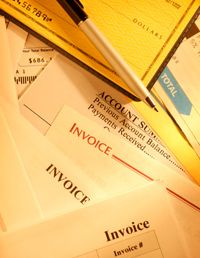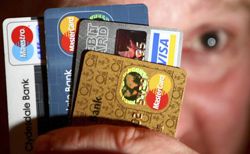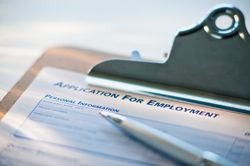Credit makes the financial world go 'round. That's true for Fortune 500 companies, first-time homebuyers and aspiring college students alike. Lenders make decisions about the creditworthiness of borrowers based primarily on credit reports and credit scores -- two ways to quickly assess an applicant's credit history.
The strength of your credit history is what determines if you qualify for a credit card, a home mortgage or a car loan and at what interest rate. Have you always paid your credit card balance on time? Have you ever defaulted on a loan? It's all part of your credit history.
Advertisement
For new or young borrowers, however, this poses a serious catch-22: How do you qualify for credit without a credit history, and how do you build a credit history without first qualifying for credit?
More than 50 million American adults have no credit history [source: CNBC]. They've never applied for a loan, a credit card or any line of credit. While it's possible to pay cash for all expenses, it's hard to build enough cash reserves to pay for important milestones like a college education, car or home.
If you're ready to start building a credit history from scratch, you probably have a lot of questions. Where can a new borrower go for his or her first credit account? What do lenders look for in a loan applicant? What are some credit traps to avoid? Keep reading to learn our 10 healthy ways to build credit.





